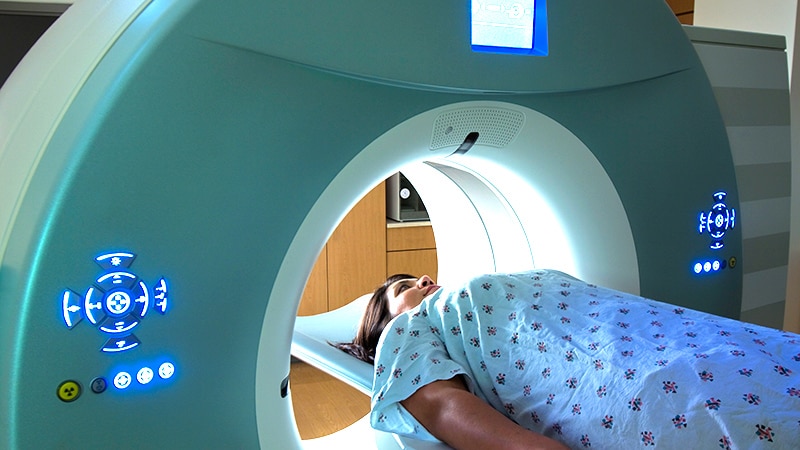A recent study published in the journal Psychoneuroendocrinology suggests repositioning of diabetes drugs as a promising approach for treating co-morbid depressive symptoms. Best evidence supported pioglitazone. Conversely, metformin showed little benefit. Results were impressive for incretin-based therapies, but less number of studies was a limitation.
Authors conducted a multi-database systematic search to identify 19 clinical trials that evaluated the effect of licensed diabetes treatment (thiazolidenediones, metformin, thiazolidenediones against metformin, incretin-based therapies or insulin) in 3369 patients (mean age, 49.89 years) with depressive symptoms. 12 trials were included for meta-analysis.
In random-effects meta-analysis, pioglitazone significantly improved depressive symptoms (pooled effect size, −0.68; P=.003), although significant heterogeneity was observed among studies. Metformin was comparable to control (pooled effect size, +0.32; P=.25), although inferior to active control (pooled effect size, 1.32; P<.001). In meta-regression studies, female sex (P=.035) was significantly associated with treatment effect of pioglitazone but insulin resistance and glycaemic control were not. Data was insufficient for meta-analysis of incretin-based therapies; however, they looked promising for improving depressive symptoms.
Authors believe that repositioning of diabetes treatments could present novel opportunities for treating depressive symptoms. Best evidence supports thiazolidenediones and incretin-based therapies, but larger clinical trials that evaluate licensed diabetes drugs as potential antidepressants are needed.



